Here we go again: Samsung hits the market with another compact, interchangeable lens, mirrorless camera. Brave I call it!
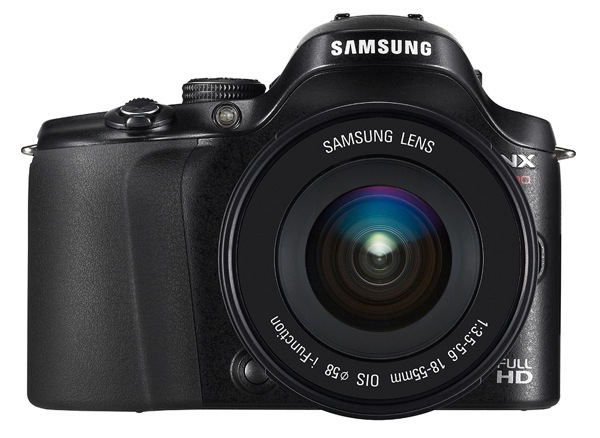
Now that Canon is about to enter the market with its EOS-M the majors are all out there, braving the winds with their wares. In Samsung’s case it’s a tough game for a brand that’s possibly better known for its TVs, domestic white goods (fridges etc), smart phones etc but one that has not yet established its creds in the photo industry.
Sony has done it. As has Panasonic. But in both their cases they have relied on a major Euro lens maker to gold-plate their camera bodies: Zeiss with the former, Leica with the latter. As many have found out, the camera brand kit lenses usually sold at attractive prices really don’t cut the mustard.
So here we have a major Korean company out there pushing its photographic wares with both body and lenses branded ‘Samsung’.
But don’t take your eyes off the Koreans! They have frightened the pants off the Japanese and the Americans with Hyundai and Kia autos and some pretty smart electronics products. Think Samsung!
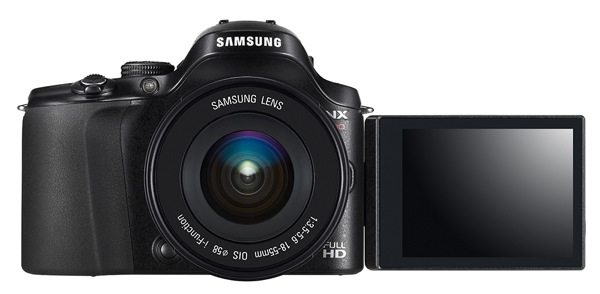
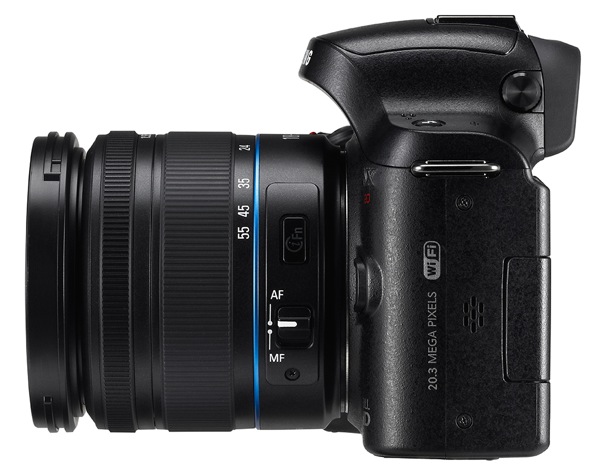
For me, it was immediate attraction: the camera looks like a full DSLR, but scaled down. The speed grip at right is ideally proportioned, with nearly all the controls grouped near right thumb and forefinger; the mode dial supports access to PASM, plus scene modes, WiFi to connect to a WLAN, movie shooting, custom and lens priority modes.
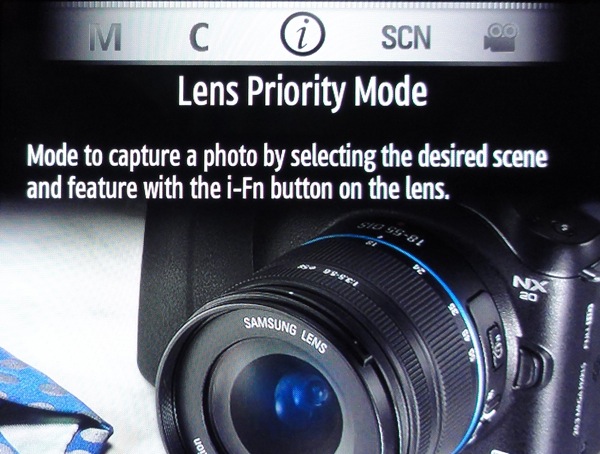
The latter is interesting and continues a feature seen in earlier NX models. With this you toggle between shutter speed, aperture, EV, WB and ISO rapidly by depressing the i-Function button and rolling a ring on the lens. Just be careful: it’s all too easy to dial in exposure compensation without realising it. At rear is the jog dial, replay buttons etc. The only button that sits on the top deck at left is the onboard flash switch.
For what it’s worth the screen menu is accurate and colourful.
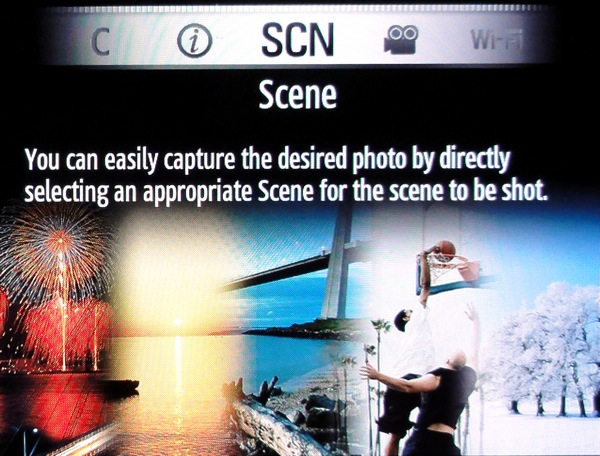
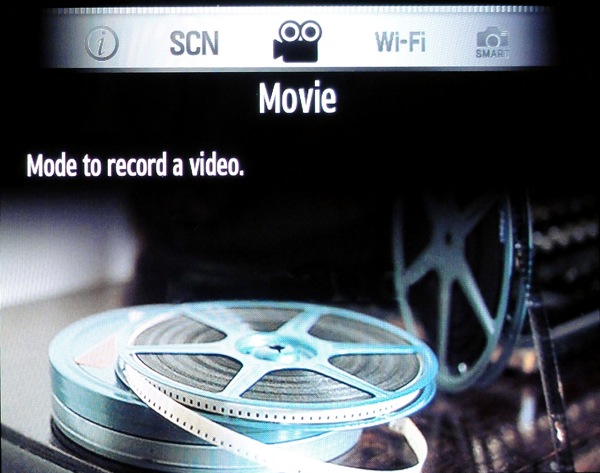
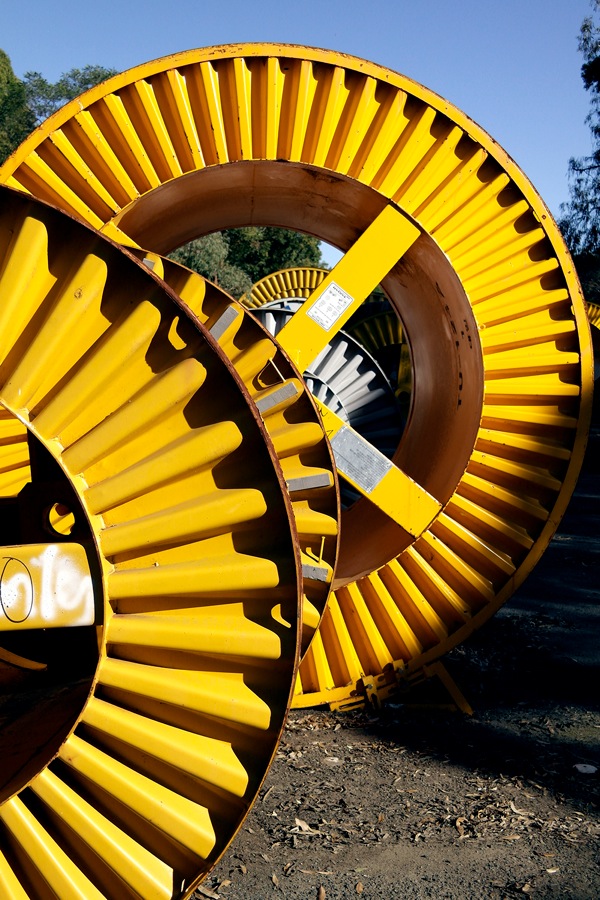
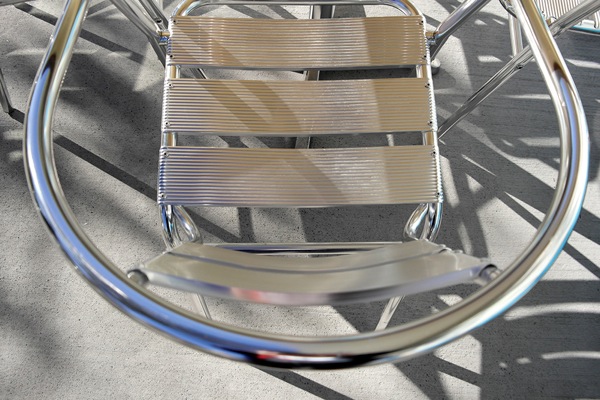
Movies are treated better than some earlier NX models: Full HD MPEG4 at 1920×1080 pixels. In all modes (Program AE, shutter or aperture priority and manual) exposure can be adjusted. You can even opt for a fade in or fade out to/from a scene as you shoot.
I found the AF to work smoothly if not rapidly while shooting movies. The stabiliser did its job well.
It was possible to shoot stills while shooting video but the latter was interrupted at that time. Note: AF and zoom noise may be recorded as you shoot.
The 7.6cm OLED screen swings laterally and upwards; there is an eye sensor so the view switches from eye level to rear screen when your eyebrow approaches.
A useful feature seen increasingly on many budget cameras is a level indicator; the NX20 has this terrific feature. Until you use it you won’t realise how useful it is!
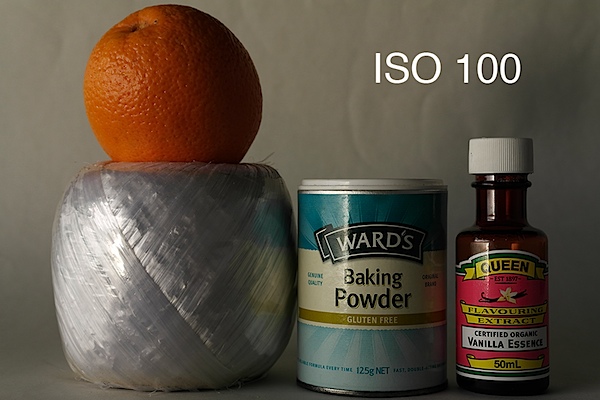
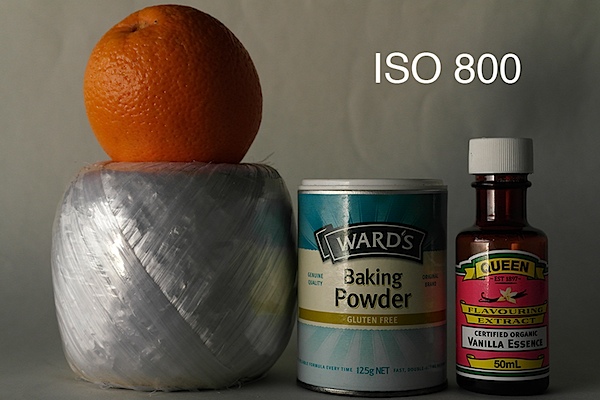
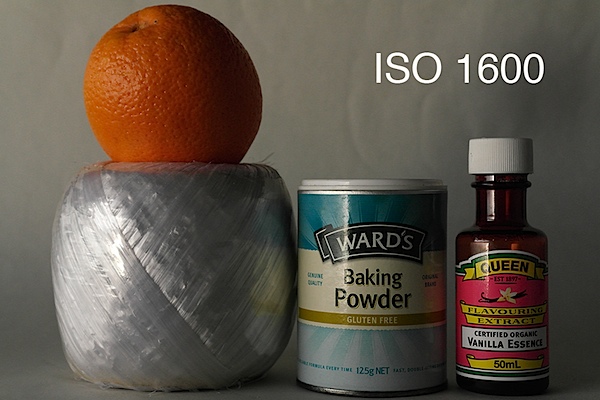

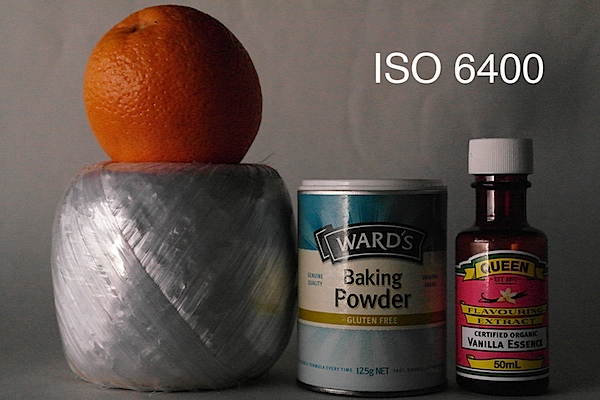

Matters sail along quite well until ISO 3200. At ISO 6400 noise is noticeable. By ISO 12800 noise and artefacts work against you.
Why you’d buy the Samsung NX20: small, light.
Why you wouldn’t: suspicious of Samsung lenses; the plinky plonky sounds of the camera functions.
Available in white or black.
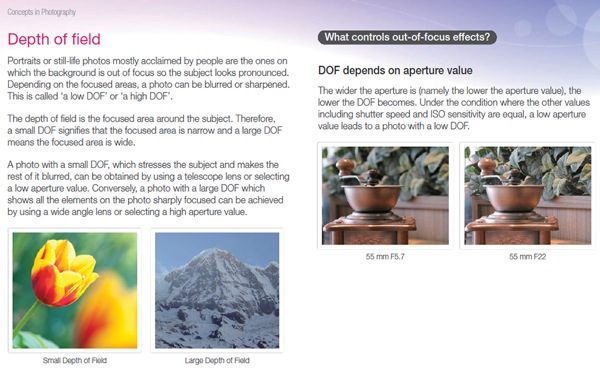
Just one note: the instruction manual PDF is terrific, especially if you are a beginner; it has pages and pages of useful info and diagrams on photographic basics. Perversely, this is also a pointer as to the intended market for the camera.
Metering: Multi segment, centre-weighted, spot.
Lens Mount: Samsung NX.
Exposure Modes: Program AE, shutter and aperture priority, manual.
Effective Sensor Size: 23.5×15.6mm HD CMOS.
35 SLR Lens Factor: 1.5x.
Shutter Speed (stills): 30 to 1/8000 second and Bulb.
Continuous Shooting: 3-8fps.
Memory: SD/SDHC/SDXC cards.
Image Sizes (pixels): Stills: 5472×3648 to 1024×1024.
Movies: 1920×1080, 1280×720, 640×480, 320×240.
Viewfinder: Turret (480.000); 7.6cm AMOLED screen (614,000 pixels).
File Formats: JPEG, RAW (SRW), JPEG+RAW, MPO (3D), MPEG4.
Colour Space: sRGB, Adobe RGB.
ISO Sensitivity: Auto, 100 to 12,800.
Interface: USB 2.0, HDMI mini, WiFi.
Power: Rechargeable lithium ion battery, DC input.
Dimensions: 122×89.6×39.5 WHDmm.
Weight: 341 g (ex battery and card).
Price: Get a price on the Samsung NX20

Now that Canon is about to enter the market with its EOS-M the majors are all out there, braving the winds with their wares. In Samsung’s case it’s a tough game for a brand that’s possibly better known for its TVs, domestic white goods (fridges etc), smart phones etc but one that has not yet established its creds in the photo industry.
Sony has done it. As has Panasonic. But in both their cases they have relied on a major Euro lens maker to gold-plate their camera bodies: Zeiss with the former, Leica with the latter. As many have found out, the camera brand kit lenses usually sold at attractive prices really don’t cut the mustard.
So here we have a major Korean company out there pushing its photographic wares with both body and lenses branded ‘Samsung’.
But don’t take your eyes off the Koreans! They have frightened the pants off the Japanese and the Americans with Hyundai and Kia autos and some pretty smart electronics products. Think Samsung!


Handling
The review camera was fitted with the f3.5/18-55mm kit lens.For me, it was immediate attraction: the camera looks like a full DSLR, but scaled down. The speed grip at right is ideally proportioned, with nearly all the controls grouped near right thumb and forefinger; the mode dial supports access to PASM, plus scene modes, WiFi to connect to a WLAN, movie shooting, custom and lens priority modes.

The latter is interesting and continues a feature seen in earlier NX models. With this you toggle between shutter speed, aperture, EV, WB and ISO rapidly by depressing the i-Function button and rolling a ring on the lens. Just be careful: it’s all too easy to dial in exposure compensation without realising it. At rear is the jog dial, replay buttons etc. The only button that sits on the top deck at left is the onboard flash switch.
For what it’s worth the screen menu is accurate and colourful.


Samsung NX20 Features
The camera captures 20.3 megapixels on an APS-C sized CMOS sensor, with a maximum image size of 5472×3648 pixels and a print potential of 46x31cm.

Movies are treated better than some earlier NX models: Full HD MPEG4 at 1920×1080 pixels. In all modes (Program AE, shutter or aperture priority and manual) exposure can be adjusted. You can even opt for a fade in or fade out to/from a scene as you shoot.
I found the AF to work smoothly if not rapidly while shooting movies. The stabiliser did its job well.
It was possible to shoot stills while shooting video but the latter was interrupted at that time. Note: AF and zoom noise may be recorded as you shoot.
The 7.6cm OLED screen swings laterally and upwards; there is an eye sensor so the view switches from eye level to rear screen when your eyebrow approaches.
A useful feature seen increasingly on many budget cameras is a level indicator; the NX20 has this terrific feature. Until you use it you won’t realise how useful it is!
Samsung NX20 ISO Tests






Matters sail along quite well until ISO 3200. At ISO 6400 noise is noticeable. By ISO 12800 noise and artefacts work against you.
Samsung NX20 Verdict
Quality: fully saturated colour, excellent definition.Why you’d buy the Samsung NX20: small, light.
Why you wouldn’t: suspicious of Samsung lenses; the plinky plonky sounds of the camera functions.
Available in white or black.

Just one note: the instruction manual PDF is terrific, especially if you are a beginner; it has pages and pages of useful info and diagrams on photographic basics. Perversely, this is also a pointer as to the intended market for the camera.
Samsung NX20 Specifications
Image Sensor: 20.3 million effective pixels.Metering: Multi segment, centre-weighted, spot.
Lens Mount: Samsung NX.
Exposure Modes: Program AE, shutter and aperture priority, manual.
Effective Sensor Size: 23.5×15.6mm HD CMOS.
35 SLR Lens Factor: 1.5x.
Shutter Speed (stills): 30 to 1/8000 second and Bulb.
Continuous Shooting: 3-8fps.
Memory: SD/SDHC/SDXC cards.
Image Sizes (pixels): Stills: 5472×3648 to 1024×1024.
Movies: 1920×1080, 1280×720, 640×480, 320×240.
Viewfinder: Turret (480.000); 7.6cm AMOLED screen (614,000 pixels).
File Formats: JPEG, RAW (SRW), JPEG+RAW, MPO (3D), MPEG4.
Colour Space: sRGB, Adobe RGB.
ISO Sensitivity: Auto, 100 to 12,800.
Interface: USB 2.0, HDMI mini, WiFi.
Power: Rechargeable lithium ion battery, DC input.
Dimensions: 122×89.6×39.5 WHDmm.
Weight: 341 g (ex battery and card).
Price: Get a price on the Samsung NX20



.jpg)





0 comments:
Post a Comment